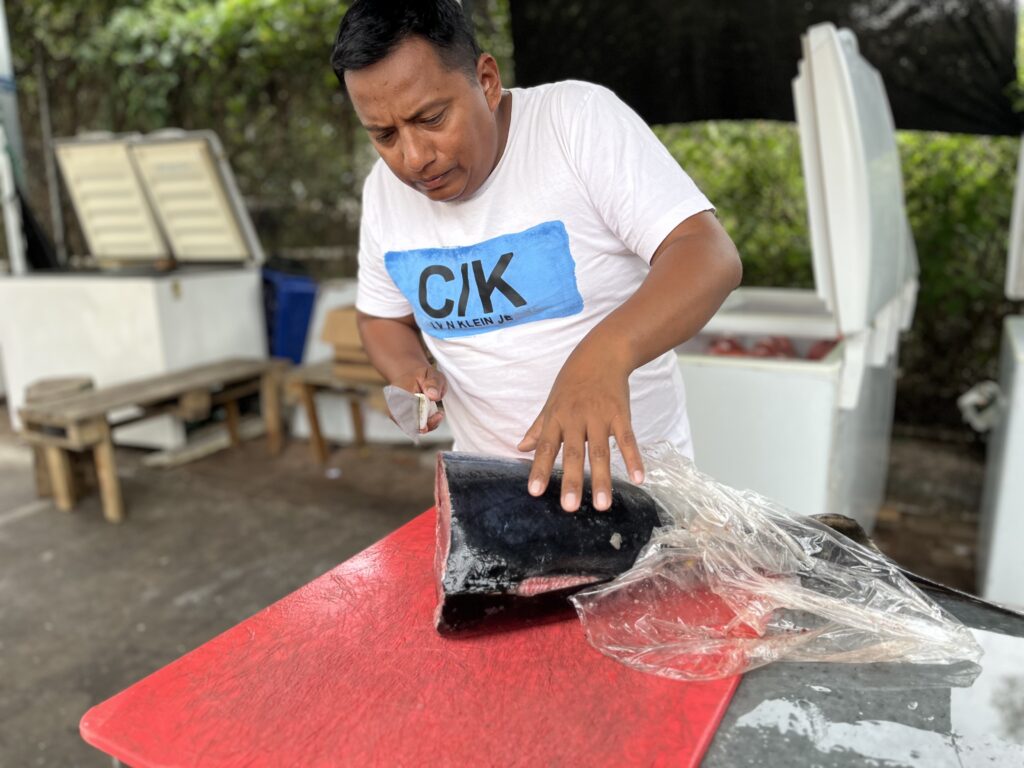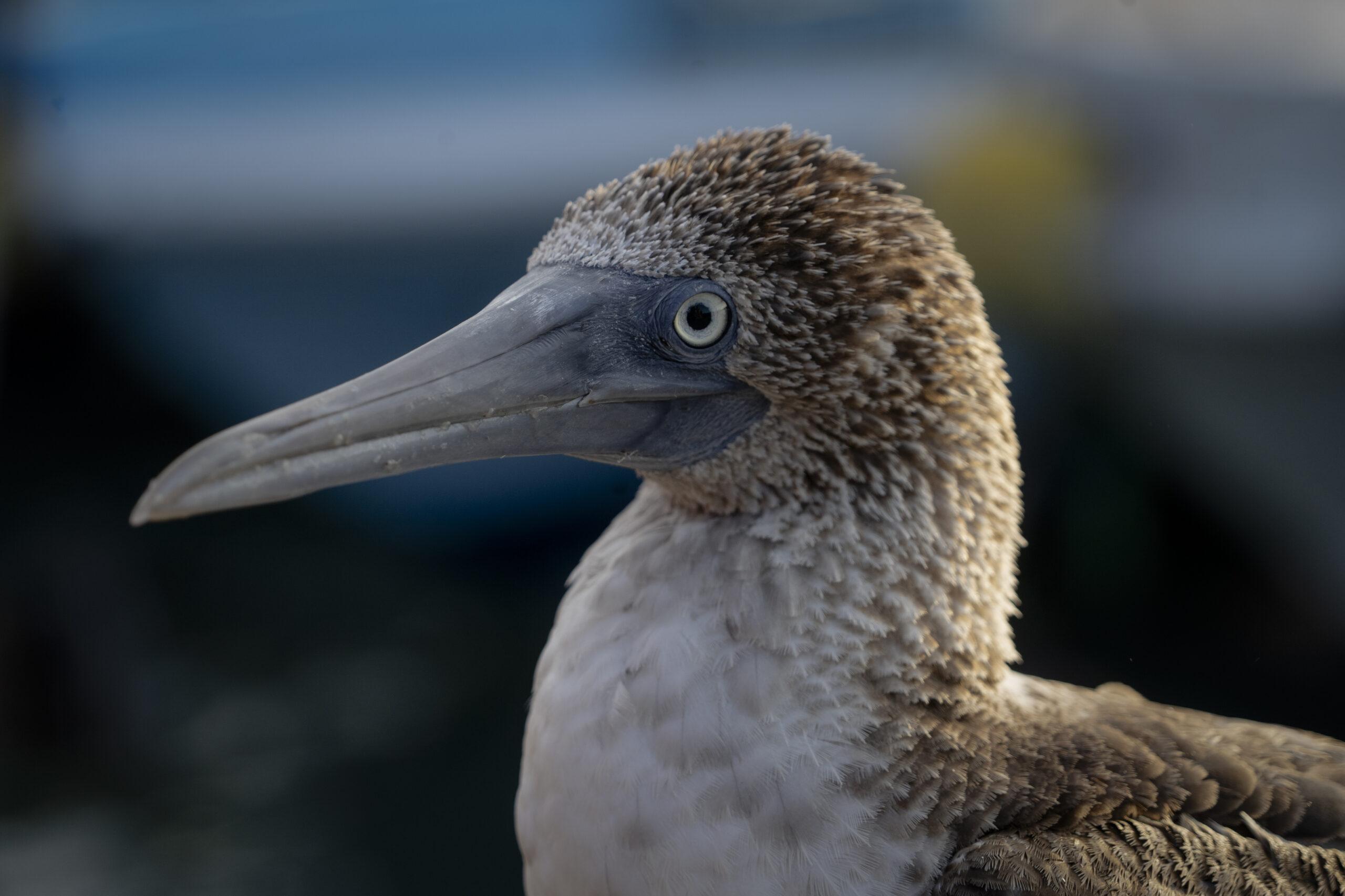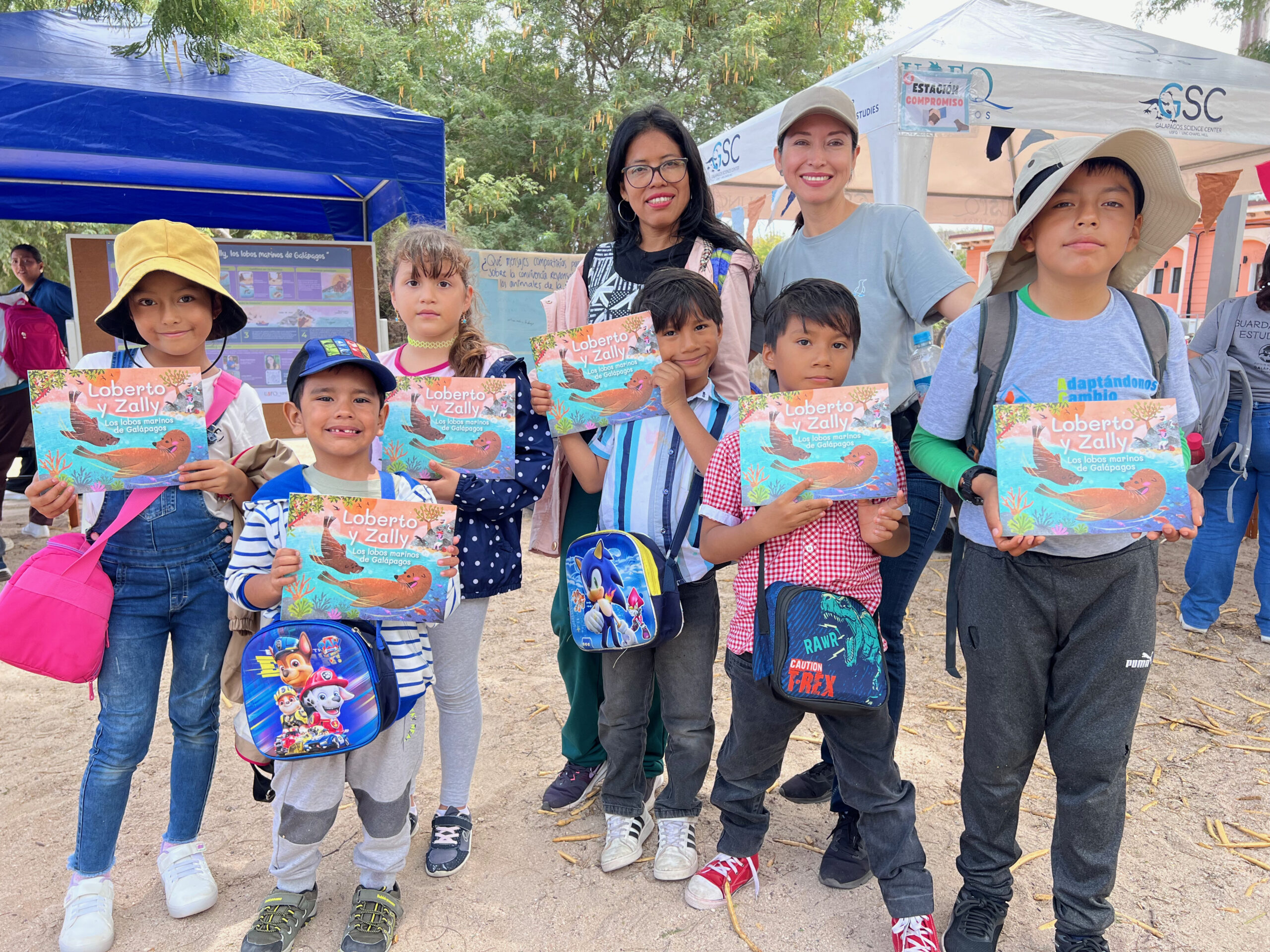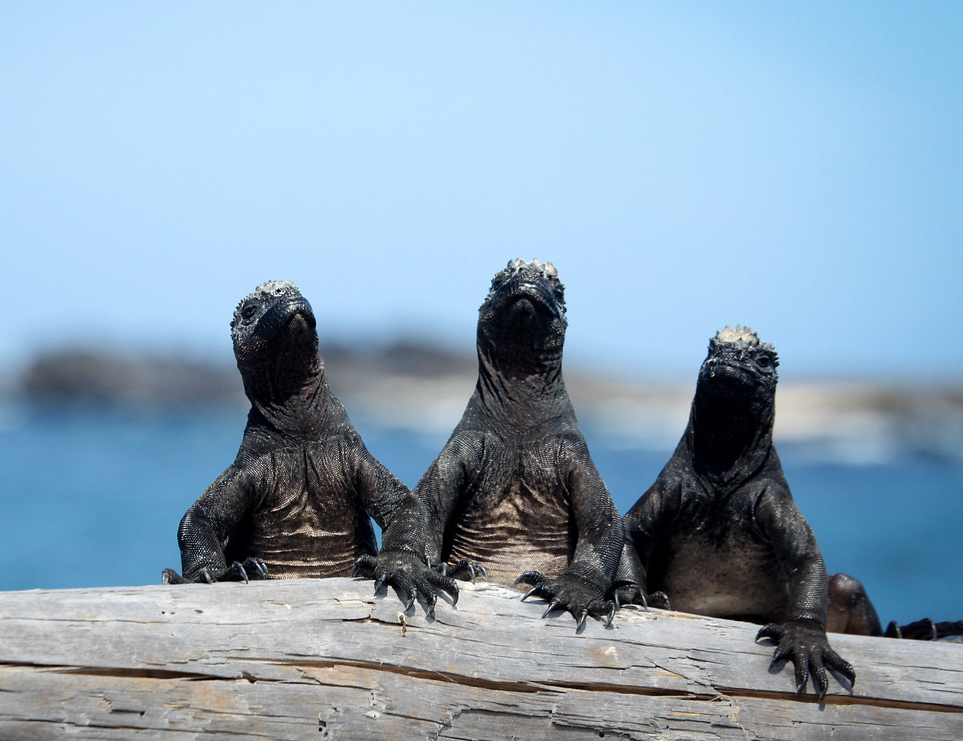This study reveals that the artisanal fishing sector along the coastal regions of Ecuador (excluding Galapagos) and Peru faces significant economic losses due to the considerable presence of marine plastic debris which directly impacts productivity.
The accumulation of plastic waste in oceans not only directly impacts marine ecology and living organisms but also disrupts the essential services provided by ecosystems. This global issue has severe environmental, social, and economic consequences.
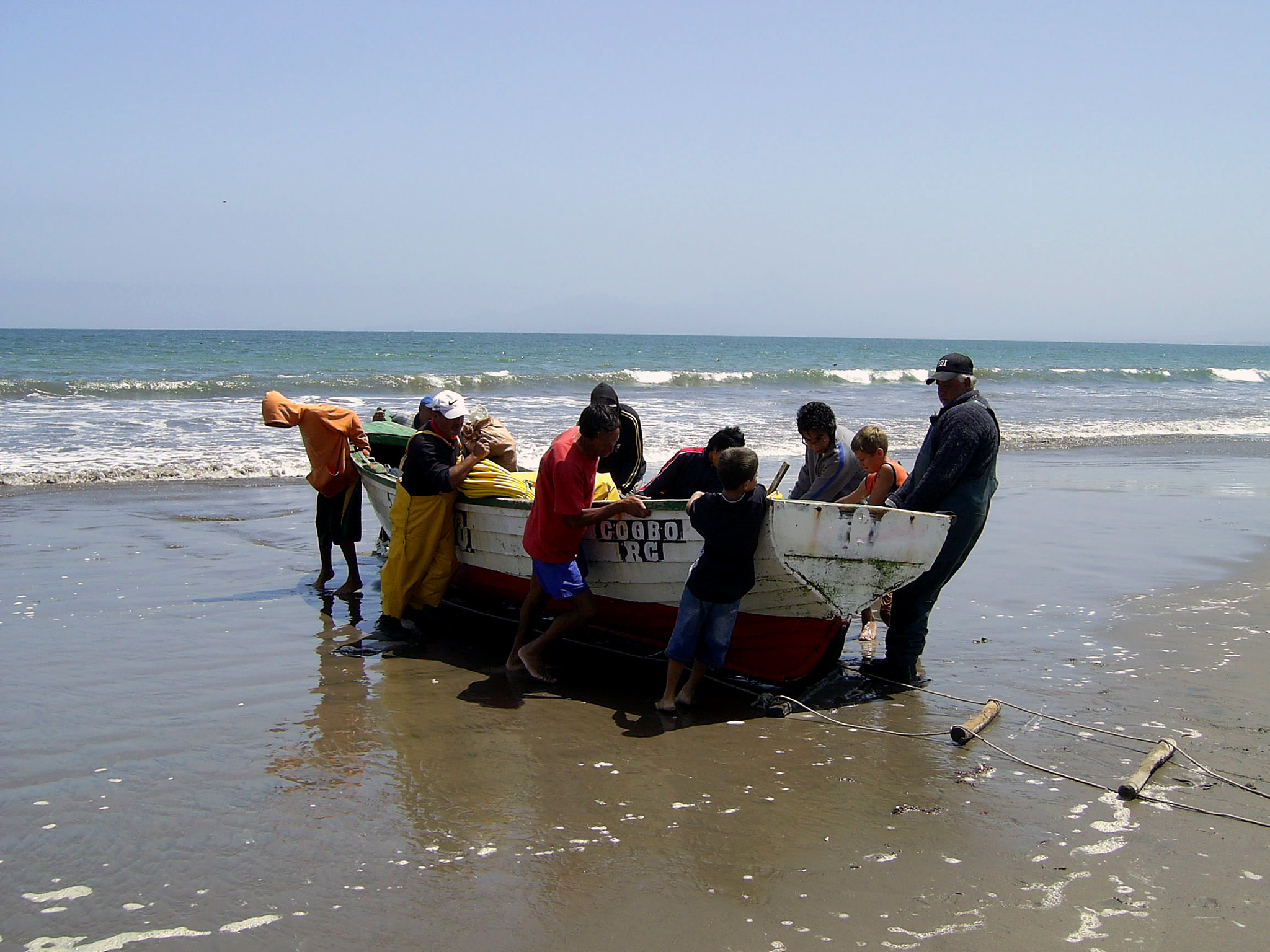
The fishing sector plays a significant role in supplying food for human consumption through both artisanal and large scale operations. However, this sector is heavily affected by the substantial presence of marine debris in its daily activities, making it difficult to obtain products suitable for consumption and harming communities, as well as the general population, that rely on this activity for their livelihood.
The research collected data from 1,349 artisanal fishermen in Ecuador and Peru, recording an annual presence of 49.7 % of plastic debris in Ecuador and 53.4% in Peru during the 2021 and 2022 period. Among the fishermen who encountered debris during their fishing activities, 49.7% in Ecuador and 34.1% in Peru reported economic losses. During the study period, the average loss per fisherman was USD 569.01 in Ecuador and USD 669.39 in Peru, representing 0.84% of Ecuador’s fishing Gross Domestic Product (GDP) and 0.71% of Peru’s fishing GDP for the same years.
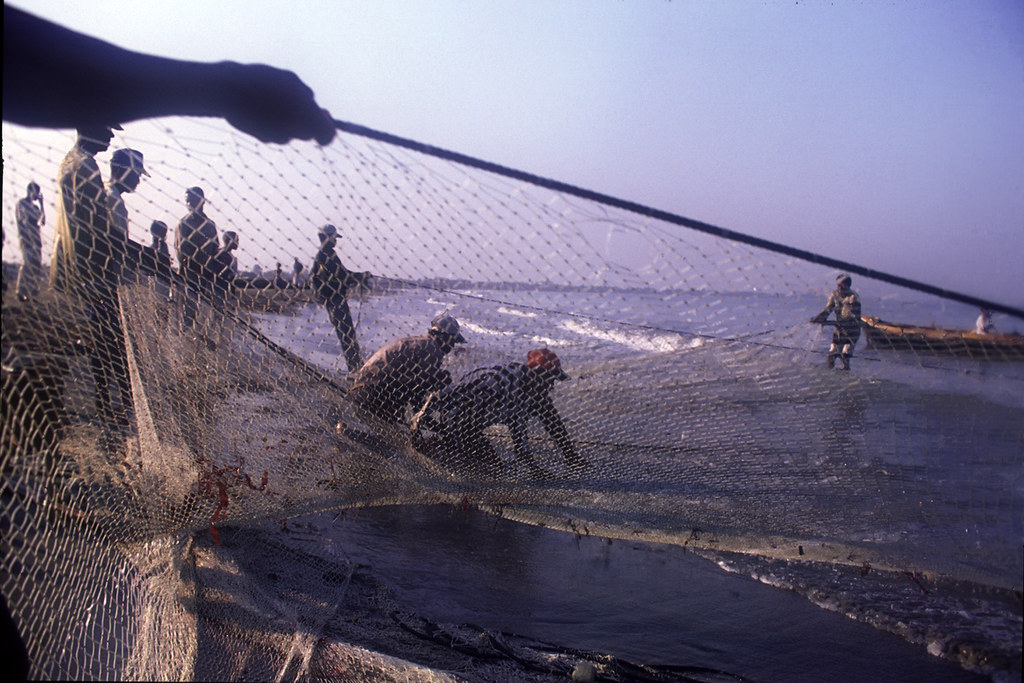
For this research, a regression analysis and an Ordinary Least Squares (OLS) estimation were conducted. This methodology is used to model the relationship between variables while minimizing the prediction error between actual and predicted values. It allowed to study and demonstrate the potential negative economic effects of marine plastic pollution on the artisanal fishing production systems sampled in the two mentioned countries
The finding estimated that marine plastic debris caused a total economic loss of USD 8,401,201.8 for Ecuador’s artisanal fishing sector during this period, equivalent to 0.84% of the sector’s GDP. In Peru, these losses amounted to USD 8,274,830, representing 0.71% of the sector’s GDP. However, for both countries, these figures could be higher than reported, as the study does not account for potential economic losses in the industrial fishing sector.
This study stands out as the first of its kind in Latin America, providing significant statistical insights that help to understand the negative impact of plastic debris on key coastal economic activities and the challenges faced by communities dependent on this sector.
To learn more about this research go to:
https://doi.org/10.1016/j.marpol.2024.106553

